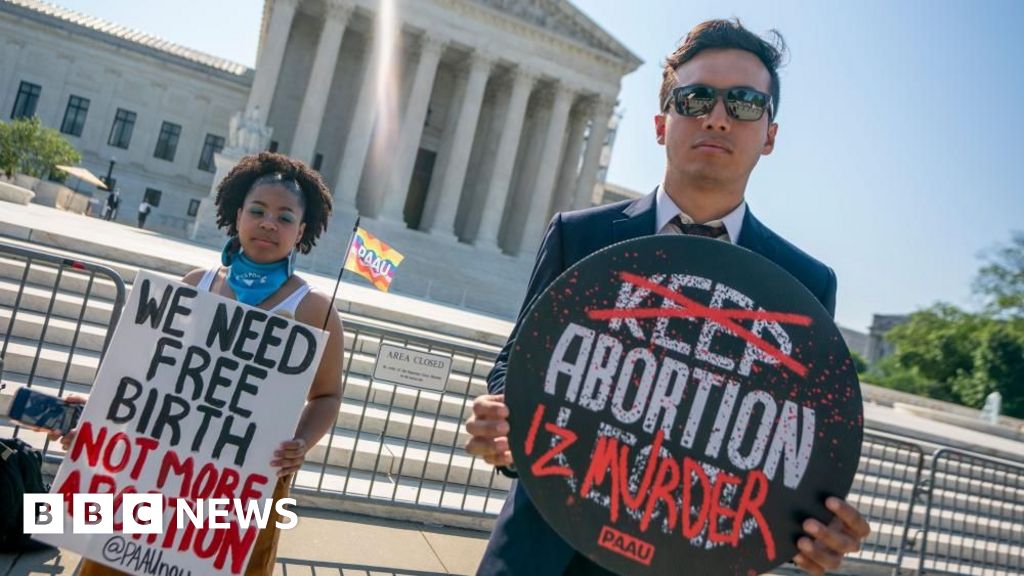
In a significant decision for reproductive rights, the Supreme Court unanimously upheld access to the widely used abortion medication mifepristone on Thursday. The ruling came two years after the court overturned Roe v. Wade and left many questioning the future of abortion in America.
The justices sided with the Biden administration and mifepristone's manufacturer, rejecting a challenge from anti-abortion doctors who argued that changes in FDA regulations affecting the drug were not based on scientific evidence. The court's decision leaves open the possibility for future challenges in states like Missouri, Kansas, and Idaho.
President Biden welcomed the ruling as a victory for reproductive freedom but acknowledged that the fight is far from over. He plans to address abortion rights during his first presidential debate later this month.
Mifepristone is part of a two-drug regimen for medication abortion, which accounts for nearly two-thirds of all U.S. abortions. The drug halts pregnancy by blocking the hormone progesterone before the second drug, misoprostol, empties the uterus.
The FDA approved mifepristone in 2000 and made it easier to access during the COVID-19 pandemic. Numerous studies have demonstrated its safety and efficacy over the past two decades.
Despite this ruling, Republicans are still pushing for restrictions on medication abortion at both the state and federal levels. The issue remains a contentious one in American politics, with public opinion split on whether medication abortion should be available without a prescription.
The Supreme Court's decision is an important step forward for reproductive rights but does not guarantee comprehensive access to abortion services across the country. The fight for reproductive freedom continues.




